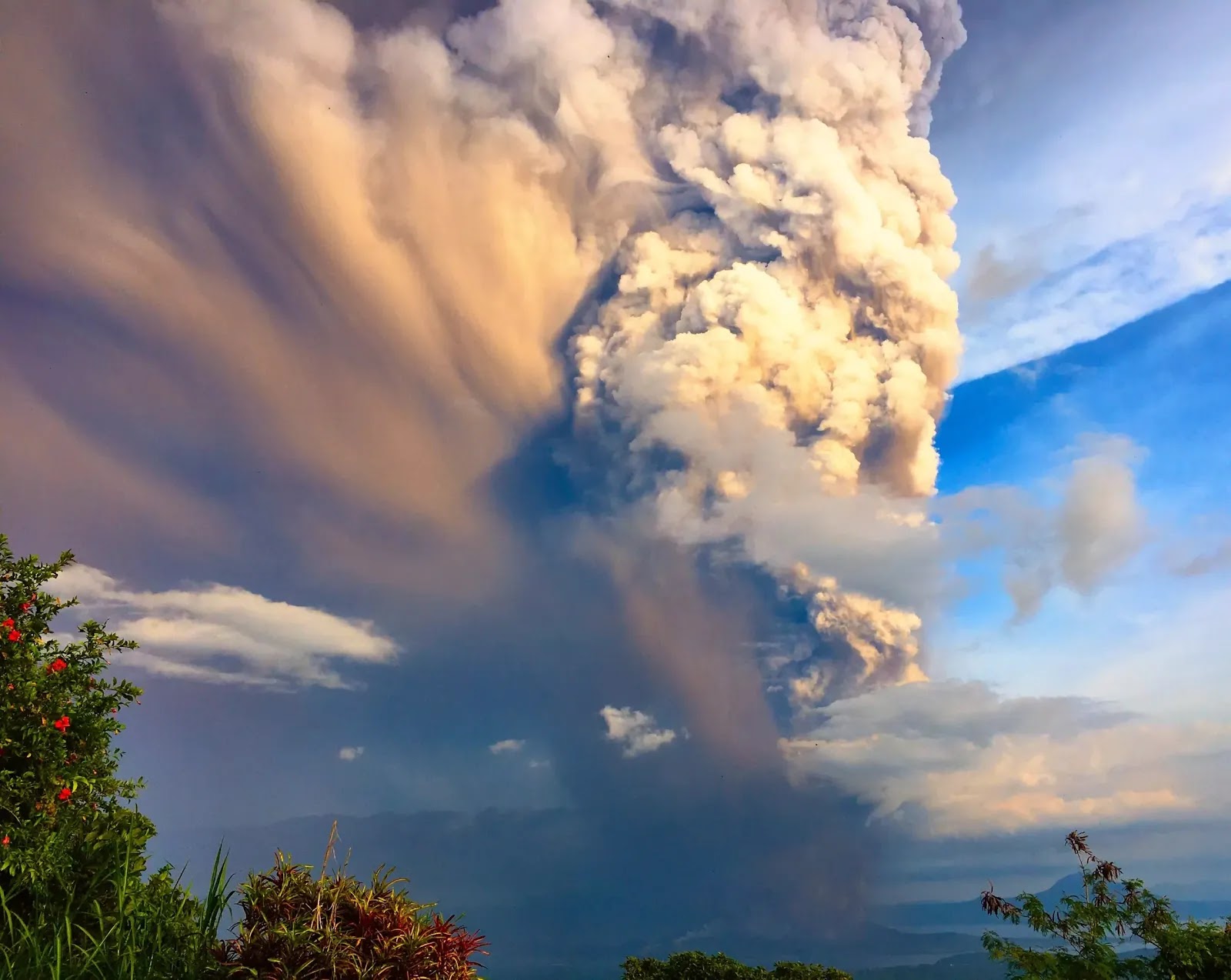Introduction: Volcanic eruptions have long been recognized as natural phenomena that can have a significant impact on the Earth's climate. However, a recent study conducted by researchers at Cambridge University suggests that the current climate projections significantly underestimate the true influence of volcanic eruptions. This article delves into the study's findings and sheds light on the often-overlooked role of volcanic eruptions in shaping Earth's climate patterns.
Understanding Volcanic Eruptions and Climate: Volcanic eruptions release vast quantities of gases, aerosols, and ash into the atmosphere. The most significant gas emitted during eruptions is carbon dioxide (CO2), a greenhouse gas that contributes to global warming. However, the study reveals that volcanic eruptions have additional effects on the climate system that are not adequately accounted for in current climate models.
Also Read:- Warzone Mobile Release in India: Everything You Need to Know
- Researchers Discover Binary Star System with Shortest Orbital Period
The Role of Aerosols: Volcanic eruptions produce aerosols, which are tiny particles suspended in the atmosphere. These aerosols can have a cooling effect on the planet by reflecting sunlight back into space, thereby reducing the amount of solar radiation reaching the Earth's surface. While climate models do consider the cooling impact of volcanic aerosols, the study suggests that their influence is greater than previously estimated.
Volcanic Ash and Its Impact: In addition to aerosols, volcanic eruptions also release large quantities of ash into the atmosphere. Volcanic ash can affect climate in several ways. Firstly, it can alter the reflectivity of the Earth's surface, causing changes in the amount of solar energy absorbed by different regions. Secondly, ash particles can act as nuclei for cloud formation, influencing cloud properties and altering precipitation patterns. These complex interactions between volcanic ash and the climate system are not fully accounted for in current climate projections.
The Ozone Factor: Another overlooked aspect of volcanic eruptions is their impact on the ozone layer. Volcanic emissions can deplete ozone in the stratosphere, leading to changes in the atmospheric circulation patterns. This, in turn, can affect temperature distributions and weather patterns around the globe. The study suggests that the indirect effects of volcanic eruptions on the ozone layer have been underestimated, emphasizing the need for further research in this area.
Implications for Climate Projections: The underestimation of the impact of volcanic eruptions in climate projections has significant implications for understanding and predicting future climate change. By failing to accurately account for the effects of volcanic activity, current models may misrepresent the magnitude and timing of climate variations. Improving our understanding of volcanic impacts is crucial for refining climate projections and developing effective mitigation strategies.
The recent Cambridge University study highlights the need to reassess the influence of volcanic eruptions on Earth's climate. The findings suggest that current climate projections significantly underestimate the true impact of volcanic activity. By considering the cooling effects of volcanic aerosols, the influence of volcanic ash, and the indirect effects on the ozone layer, we can improve our understanding of climate patterns and enhance the accuracy of future climate projections.
Read More:- A Comprehensive Comparison: Garmin Forerunner 265 vs. Fitbit Sense 2
- Exploring the Chilling Depths of Amnesia: The Bunker - A Unique Indie Game Experience
That's it for this article.
Thanks for Visiting Us – Mirror7News.com


Post a Comment